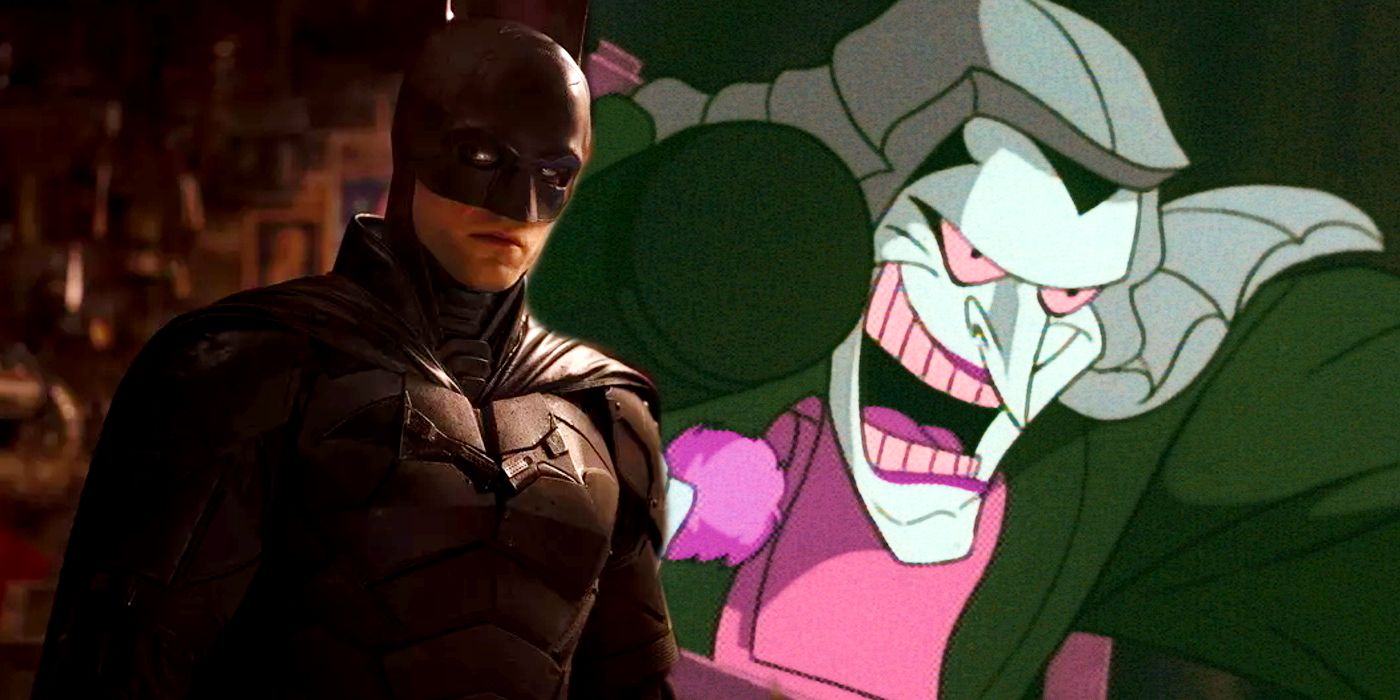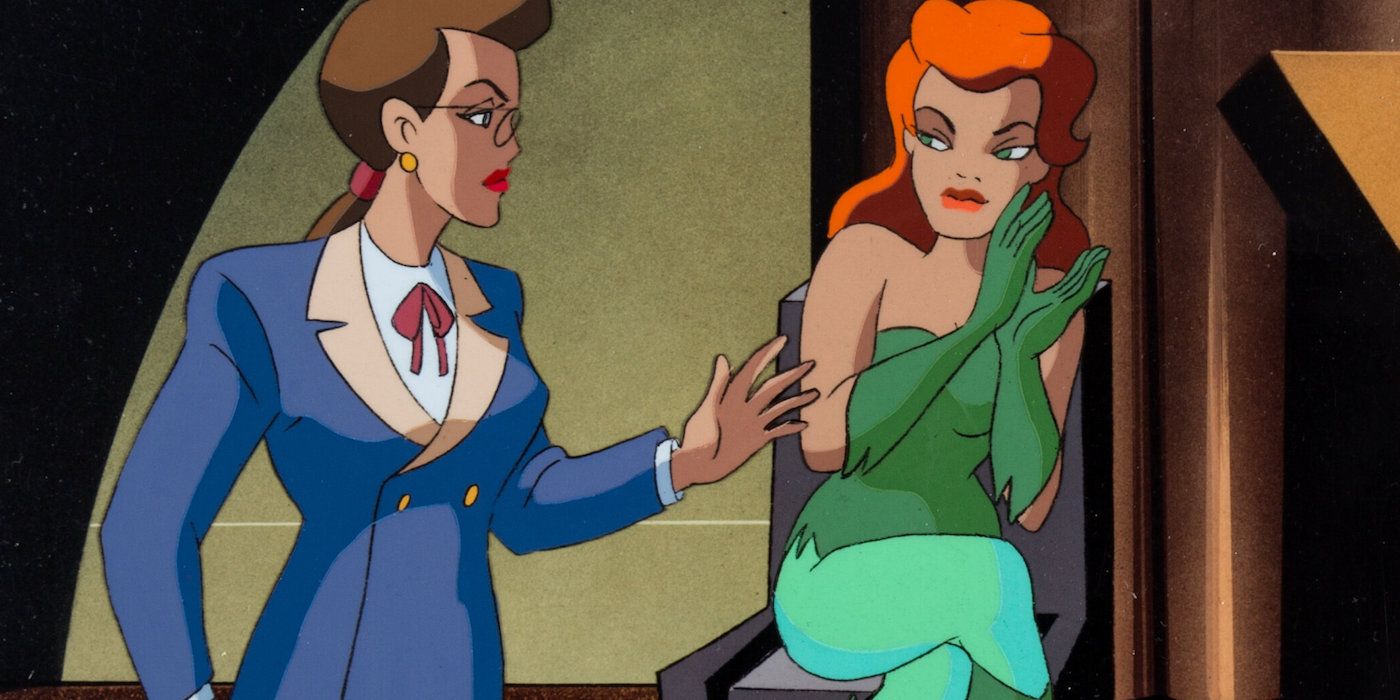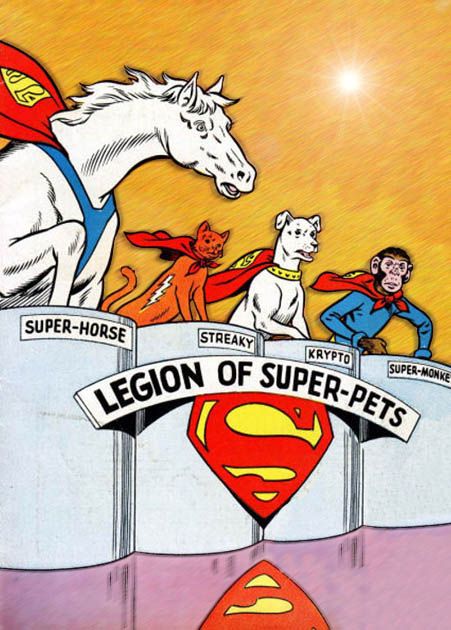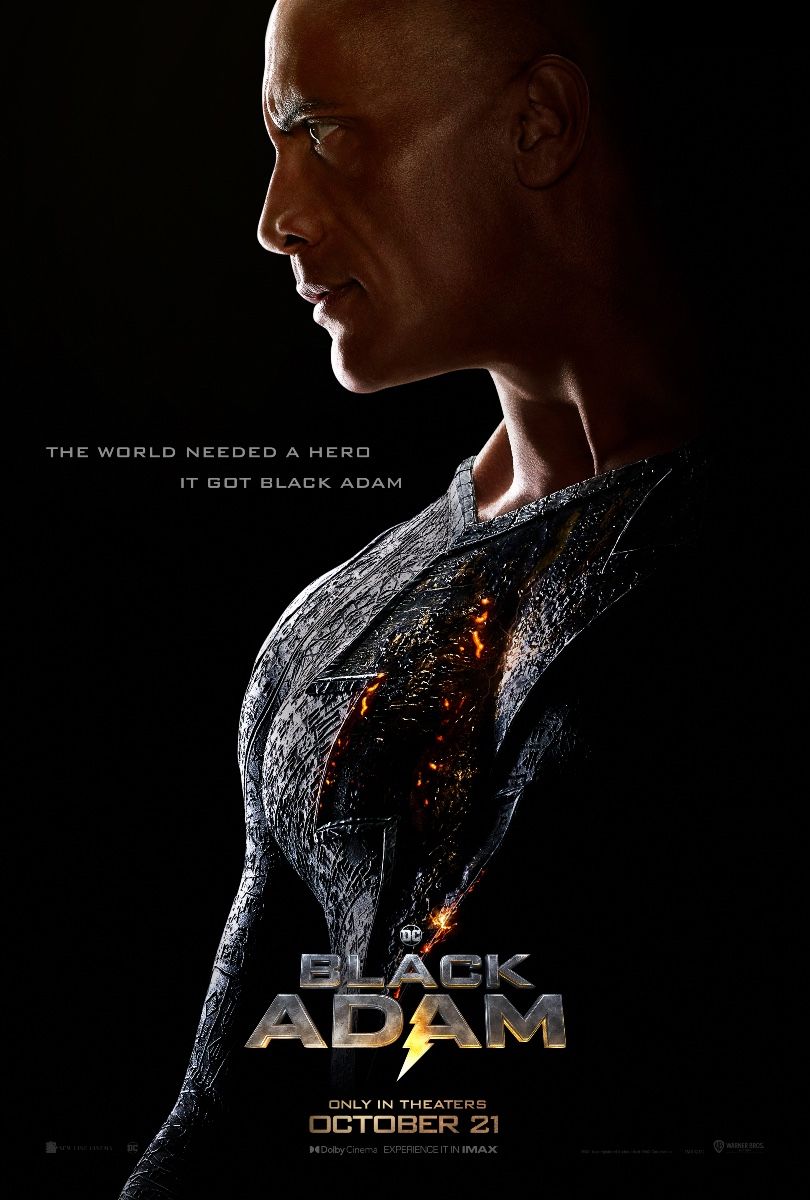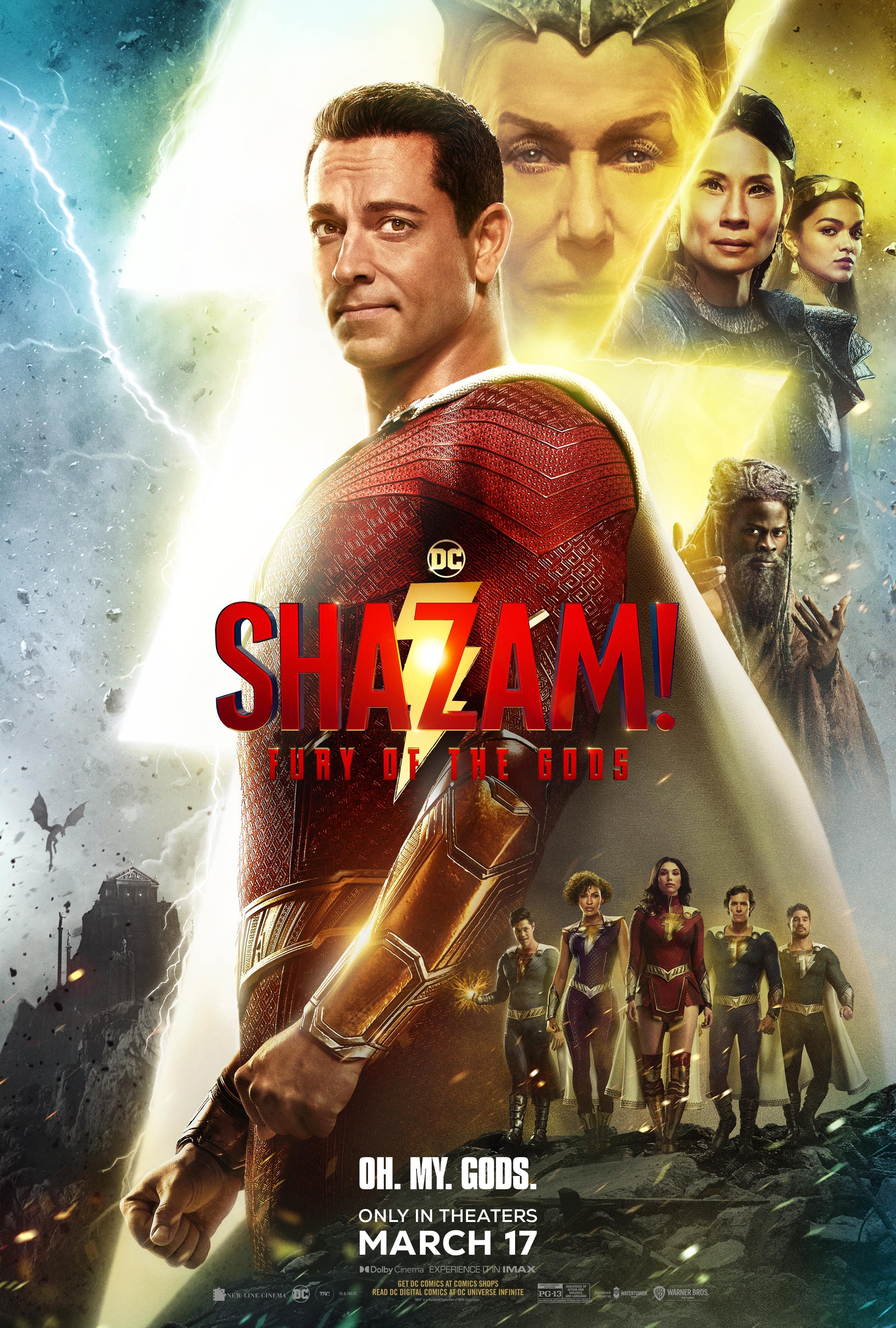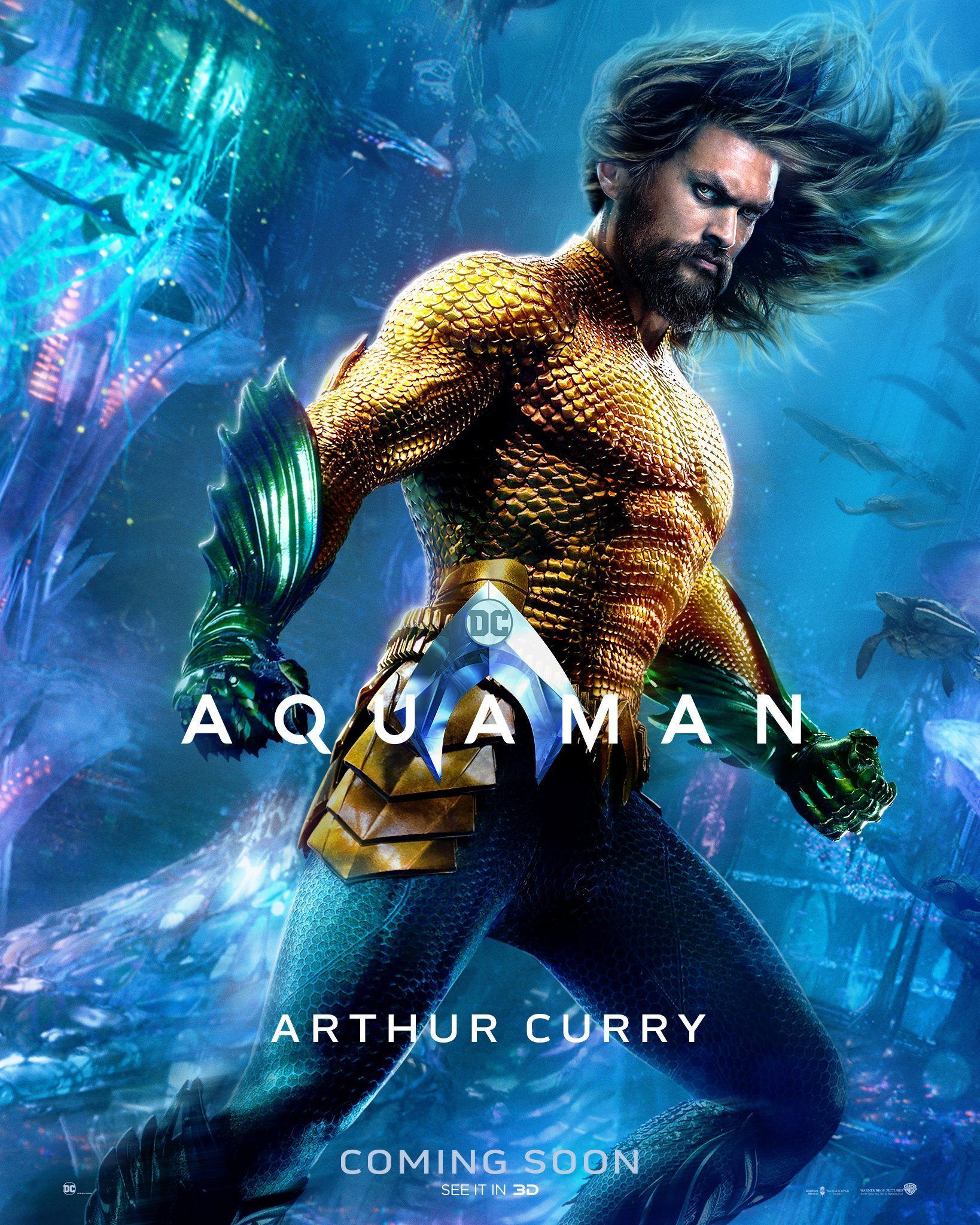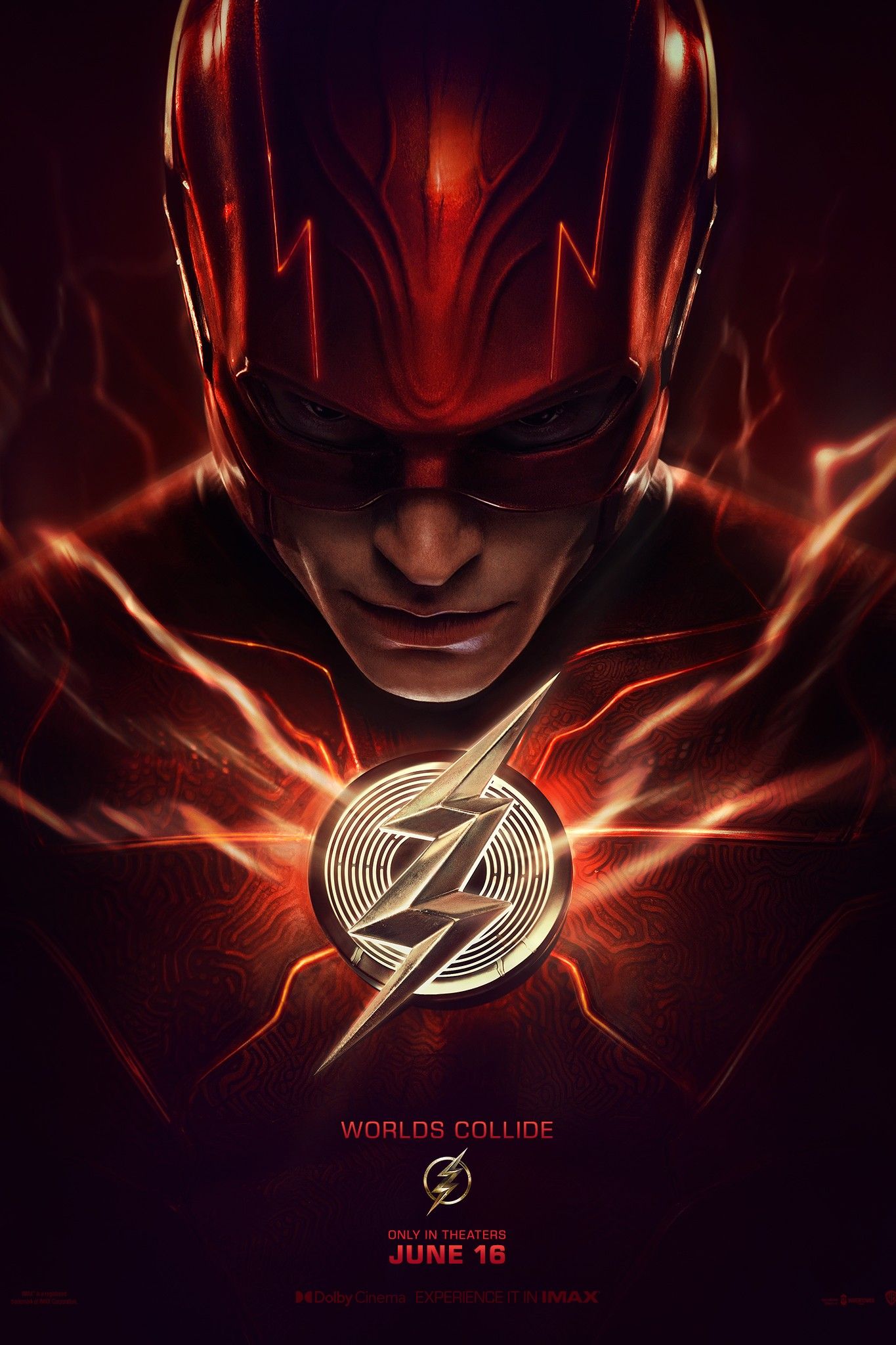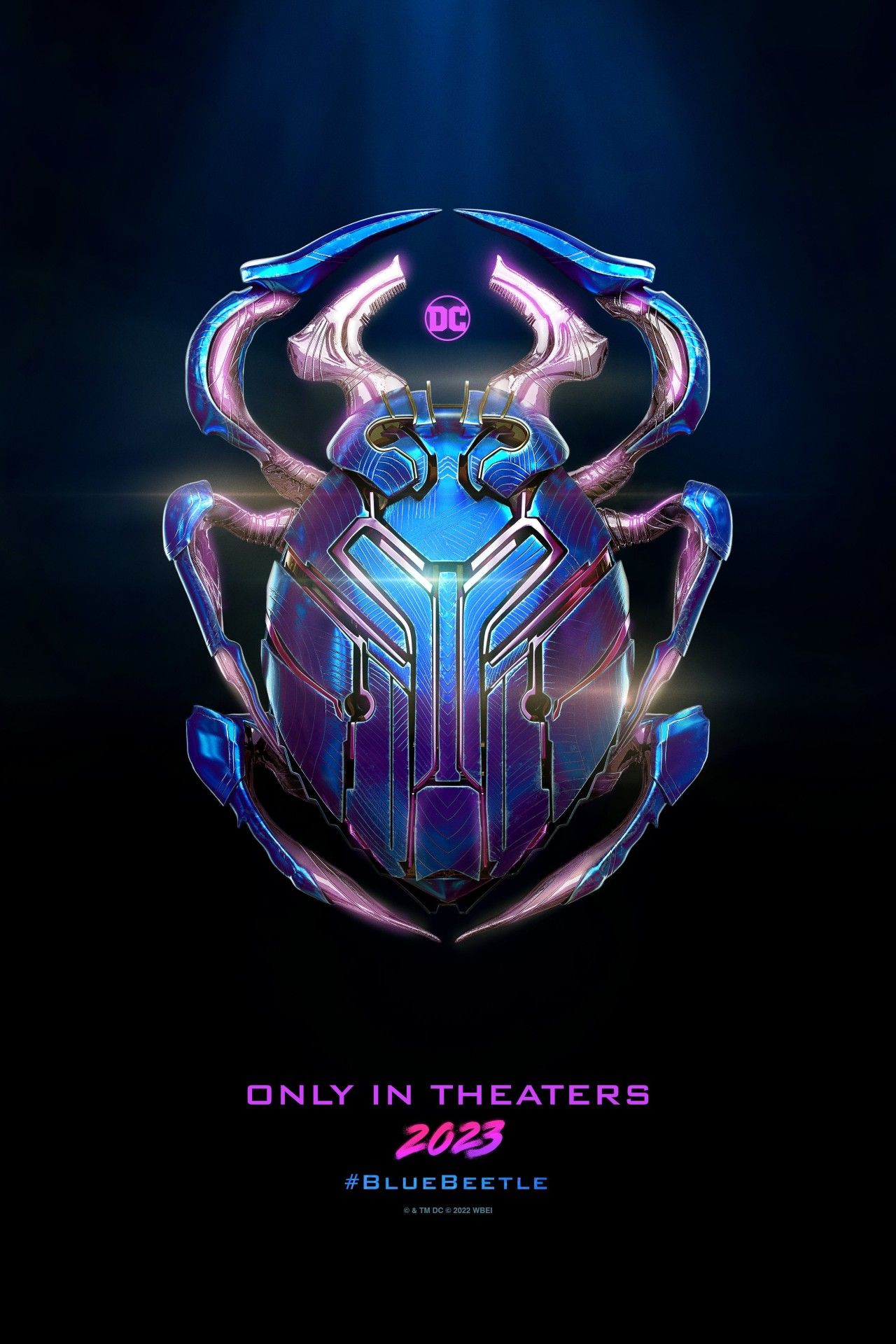The Batman is a compelling analysis of the Dark Knight and his societal impact. Through his perspective, the audience is shown the cause and effect of a masked vigilante doling out violent "justice" in the streets of Gotham City. Yet nowhere is this more apparent than in the relationship between Batman and this film's antagonists. It's an idea that's been around for ages, but was perhaps best represented in a classic episode of Batman: The Animated Series. Yet it's this live-action interpretation that takes the idea of that episode the farthest.
Batman: The Animated Series is a universally beloved masterclass of entertainment. Inspired by Batman (1989) and the old Fleischer Superman shorts of the 1940s, the acclaimed cartoon first graced television screens in 1992. The show was responsible for many of the most iconic interpretations of Batman rogues to date, with many of these reimaginings spilling over into the comics, such as the origins of Mr. Freeze and Clayface. Of course, the most iconic rogues to come from the show were Mark Hamill's specific iteration of The Joker, along with the original character, Harley Quinn.
The villains and their thought-out characters were a massive part of what made Batman: The Animated Series work, and that understanding likely led to the episode with the most rogues appearing at one time - "Trial". In it, Batman is kidnapped along with the new hotshot District Attorney and put on trial by just about every major villain he'd fought, up to that point. There he's charged with creating the very villains he spends most of his time fighting, a point that the DA had been trying to make herself earlier. However, he's ultimately found "not guilty" as the villains ultimately all admit they would have wound up the way they did with or without Batman. It's an interesting thought experiment, and one that The Batman takes much further. In his confrontation with the Riddler, Pattinson's Batman is shown to be the direct inspiration behind the movie's most haunting crimes. While Batman: The Animated Series' pseudo-trial explored this concept, it never charged Batman with such direct responsibility.
Throughout The Batman, there's a clear theme of vengefulness and the violence it begets. He's even called "Vengeance" throughout the movie on several occasions, by numerous characters, but most notably Selina Kyle and The Penguin. Then, at the height of the film, it's revealed that he was the inspiration for the Riddler becoming the way he is. This haunting reality helps to show him the effect he's been having, finalized by his clash with the Riddler's followers at the movie's climax. There's a very real question of whether Riddler or his followers would have gone down this path either way, just in a different form, but Batman's role certainly seems more solid here than in the Animated Series.
It doesn't stop at Riddler, however. Batman has been around for two years by the beginning of the film. It's implied that he's clashed with at least one other major player in his traditional rogues' gallery - the Joker. The recently released deleted scene actually confirms this, though admittedly doesn't directly state if he's calling himself the Joker yet or not. If Batman's "been having an effect, but not the one he intended," then it's entirely possible - even likely - he's had this effect on more than just the Riddler in two years.
Not only that, but if these movies keep up their theme of "Batman as an Inspiration," he could have this undesired effect in other ways, going forward. If Scarecrow appears, he could be inspired by Batman's weaponization of fear, rather than the movie simply treating it as a parallel. Villains like Two-Face could be inspired by his insistence on taking justice into his own hands. While there most likely wouldn't be an actual "trial," like the classic episode, in the case of this interpretation, the argument might actually land in favor of the villains. With sequels to The Batman basically guaranteed, it's now just a matter of seeing if this theme will continue.

